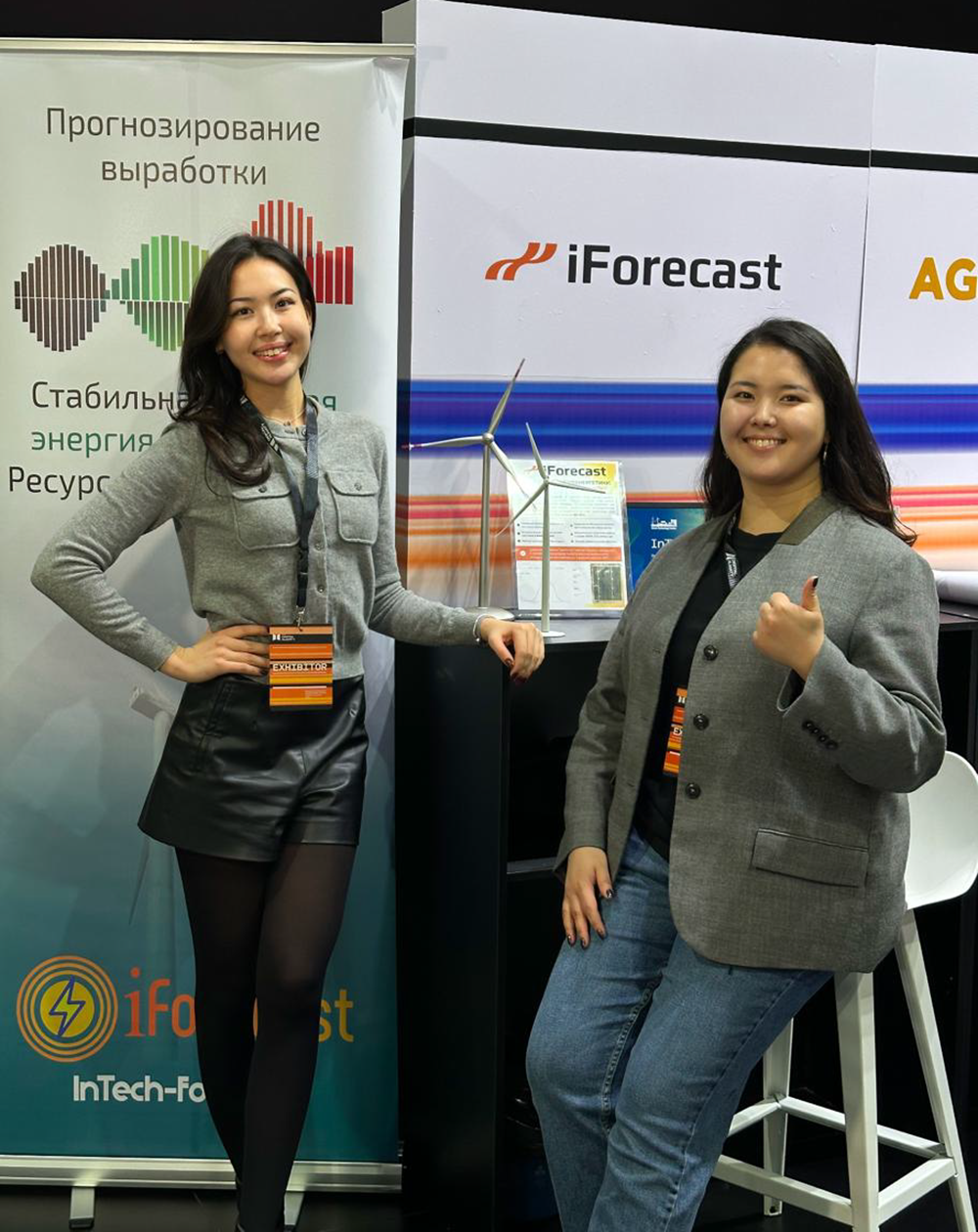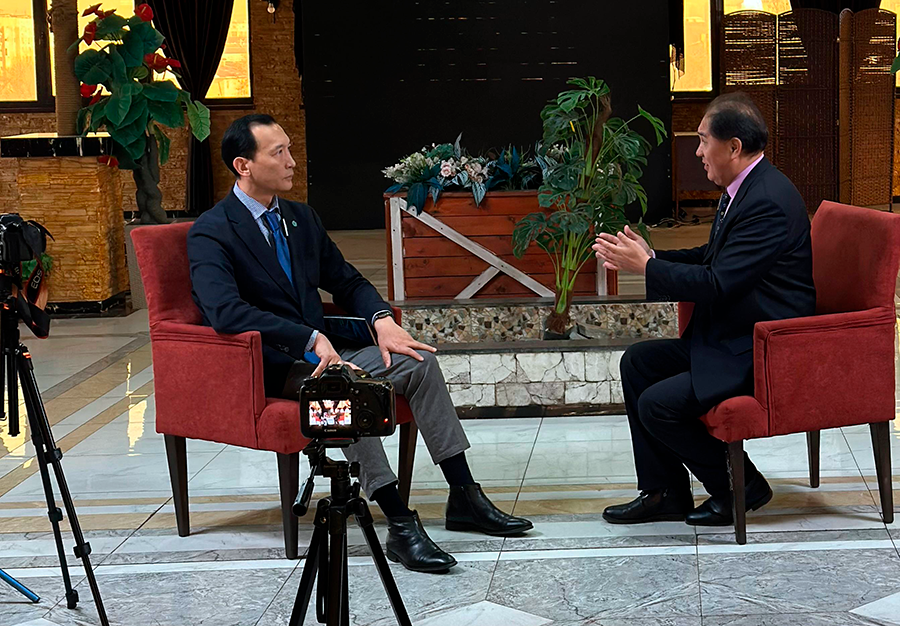Digital Almaty 2025
- Category: NEWS
- Hits: 486
From January 31 to February 1, 2025, Almaty hosted the VII International Digital Forum, Digital Almaty 2025, bringing together over 40,000 participants, including more than 200 speakers and thought leaders from various countries. The main theme of the forum was "Industrial AI: Technologies of a New Era", with a focus on the integration of artificial intelligence into industry, finance, healthcare, and education.
Digital Almaty has traditionally been the largest platform in Central Asia for discussing digital solutions and government IT strategies. This year, the forum gathered over 40,000 attendees, including representatives of international technology companies, venture capital funds, government agencies, and industry experts.
As part of the forum, TechnoGroupService LLP presented InTech-Forecast—an AI-powered platform for forecasting electricity generation at renewable energy facilities. Based on meteorological data analysis, solar and wind activity, the platform provides highly accurate forecasts, enabling optimal energy management and production predictions for more than three days ahead.
Over the two-day event, the InTech-Forecast booth attracted significant interest among forum participants. Representatives of the company conducted six interviews with leading media outlets, highlighting the technology’s potential for Kazakhstan’s energy sector and beyond.
Participation in such forums plays a key role in promoting innovative solutions and strengthening the position of renewable energy in the global agenda.

 English (UK)
English (UK)






